22, March 2020
Coronavirus Casualty: Spanish gov’t says ‘The worst is yet to come’ as deaths pass 1,300 0
The Spanish government said on Saturday it would do whatever was needed to combat the coronavirus pandemic and warned that “the worst is yet to come” after the national toll surpassed 1,300 deaths and reached close to 25,000 cases.
The second-worst outbreak in Europe showed no sign of slowing as the death toll jumped by more than 300 from the previous day. Intensive care units are filling up in some hospitals.
“We have yet to receive the impact of the strongest, most damaging wave, which will test our material and moral capacities to the limit, as well as our spirit as a society,” Prime Minister Pedro Sanchez told a news briefing on Saturday.
Sanchez said Spain had not lived through such a dramatic situation since its 1936-39 civil war, in which around half a million people died. Drawing parallels to a war economy, he said his government was working on plans to produce in Spain the equipment needed to battle coronavirus, such as masks.
His leftist government a week ago declared a 15-day state of emergency nationwide barring people from all but essential outings. Sanchez praised the “exemplary” response and said he had no plans to strengthen the restrictions, which he called the toughest in Europe.
The prime minister also made no mention of extending the state of emergency, though he warned of tough weeks ahead.
Spain’s death toll jumped to 1,326 from 1,002 the day before, according to Health Ministry data released on Saturday. The number of cases rose to 24,926 from 19,980.
The death rate from the current data is around 5%, Maria Jose Sierra, a top official at Spain’s health emergency committee, said at an earlier briefing. But she suggested the real rate is lower as testing has mostly been conducted on people in hospital, meaning there are likely far more cases.
More testing
Testing is set to increase – the government announced on Saturday it had acquired more than 640,000 testing devices and said that number could quickly reach a million. Six million more devices could also be on the way, Sanchez said.
Raquel Yotti, director of Carlos III Public Health Institute, earlier said the first devices were being distributed on Saturday and added the government was working on acquiring four robots that could bring the number of daily tests to 80,000. That would be up from 15,000-20,000 a day at the moment.
Robots are helpful as they can conduct automated testing, she said.
Authorities also said they were acquiring more medical equipment, including 700 ventilators. Around 1.3 million protective masks were distributed on Saturday across Spain for healthcare staff and patients.
There is growing concern about overcrowding at hospitals and complaints that facilities could be running short of equipment, such as masks. Some 1,612 patients are currently in intensive care units.
Ricard Ferrer, chairman of Spain’s intensive medicine society, told public television channel TVE that he expected than in eight to 10 weeks around 10,000 patients would be in intensive care units.
Ferrer said Spain had the capacity to deal with that number, but added that he hoped that from Monday the confinement measures would start having an impact on the number of cases.
On Friday evening military personnel moved patients from hospitals in Madrid to others with more space.
The military is also building a giant makeshift hospital at a conference centre in the Spanish capital and will disinfect nursing homes in Madrid, which have seen large numbers of deaths, Prime Minister Sanchez said.
Of the 17 Spanish regions, Madrid has been the worst hit, with 60% of the country’s deaths.
Source: REUTERS
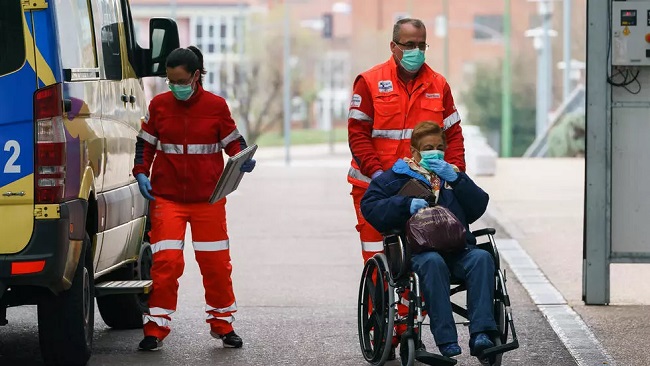
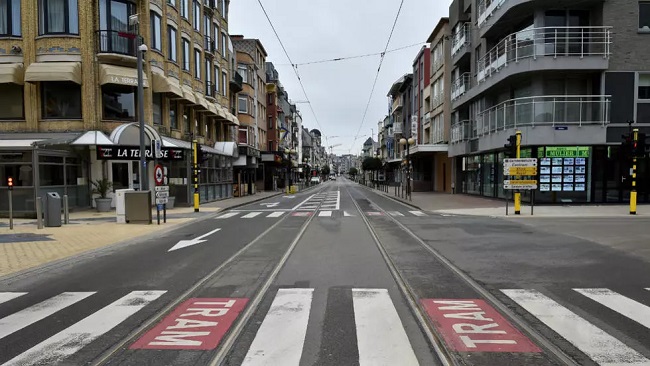
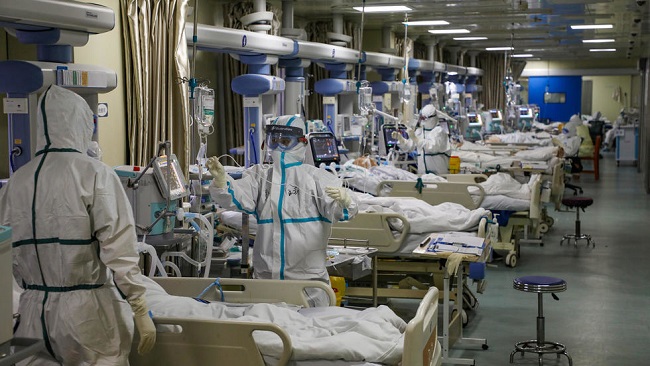
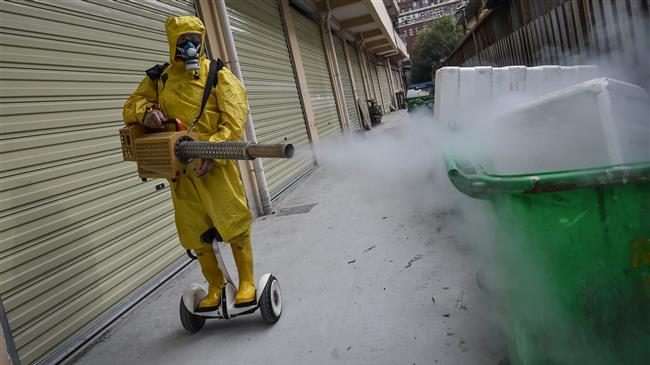
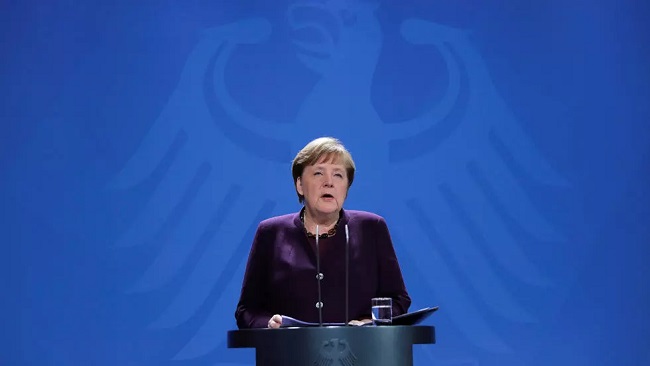


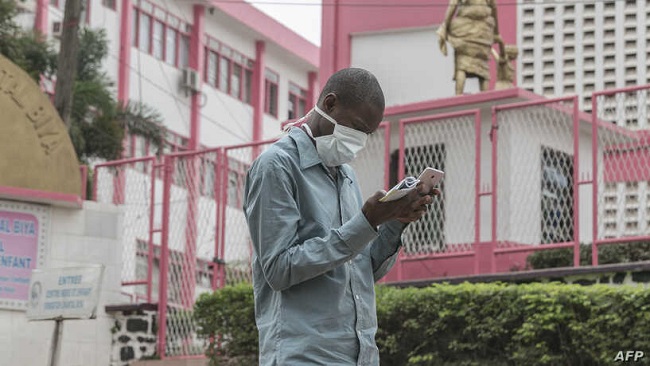














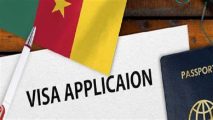



22, March 2020
As coronovirus spreads in Africa, number of cases exceeds 1,000 0
Africa’s cases of the coronavirus rose above 1,000 on Saturday while two heads of state appeared to defy their own travel restrictions to attend another president’s inauguration.
Angola announced its first cases, meaning at least 40 of Africa’s 54 countries are now affected. Congo reported its first death; Burkina Faso reported two new ones. Somalia said it was lifting its ban on international flights for two days so stranded citizens could come home. And Ethiopia’s electoral authorities discussed the virus’ effect on a major national election later this year.
Angola closed its air, land and sea borders this week, but Namibian media showed Angola’s President Joao Lourenco at the inauguration of Namibian President Hage Geingob. Also in attendance was President Mokgweetsi Masisi of neighboring Botswana, which this week suspended international travel by all government employees.
Zimbabwean President Emmerson Mnangagwa also was there. He announced a national disaster even before his country confirmed its first virus case on Friday. On Saturday, his country announced the first case in the capital, Harare.
Burkina Faso now has the most virus deaths of any country in sub-Saharan Africa. The West African nation has one of the highest caseloads on the continent with 64.
Several government ministers in Burkina Faso have tested positive, including the minister of foreign affairs. On Friday, President Roch Marc Christian Kabore announced the country’s two international airports would close for two weeks with the exception of military and cargo.
Burkina Faso is one of Africa’s most fragile states with a growing humanitarian crisis caused by attacks linked to Islamic extremists. More than 130 health centers have closed, affecting more than 1.5 million people, the government and aid groups say.
Insufficient screenings
According to a government response plan seen by The Associated Press, emergency teams aren’t trained for a respiratory disease outbreak and don’t have appropriate protective gear.
There’s also insufficient screening at borders. None of Burkina Faso’s 44 high-flow entry points have the needed personal protective equipment, and only 23% have coronavirus screening devices.
Jerry-Jonas Mbasha, cluster coordinator for the World Health Organization in Burkina Faso, said he was “much worried about what might happen in the next one week, two weeks from now.”
Most people only experience minor flu-like symptoms from the coronavirus and recover within a few weeks, but the virus is highly contagious and can be spread by those who appear well. It can cause severe illness, including pneumonia, in some patients, particularly those with underlying health problems.
More than 275,000 cases have been confirmed globally, including over 11,000 deaths, according to a running tally by Johns Hopkins University. At least 88,000 people have recovered.
In Nigeria, which just three weeks ago announced the first coronavirus case in sub-Saharan Africa, authorities said that first patient, a man who had traveled from Italy, was now fit to go home. Meanwhile, Africa’s most populous country said it now had cases in the capital, Abuja.
In Kenya, health officials continued to disinfect crowded markets in the capital, Nairobi, trying to stop the virus’ spread.
“It’s for the sake of us, it’s for the sake of the country,” said Simon Kimani, public health council chairman.
Source: AP